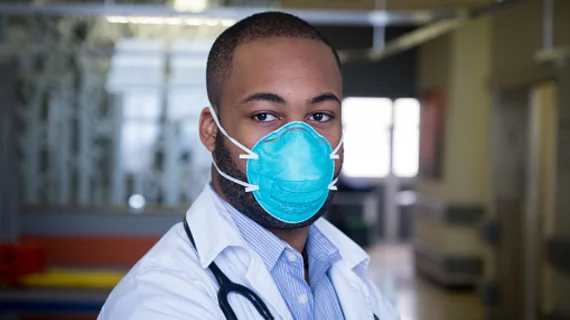As COVID-19 pandemic continues, healthcare groups call for government action on equipment shortages
The American Heart Association, American College of Cardiology and several other healthcare organizations have published a joint statement voicing fears over “critical shortages of medical equipment” in the face of COVID-19.
Healthcare workers throughout the country have reported being unable to find the necessary ventilators, test kits and personal protective equipment (PPE) needed to care for patients affected by this ongoing pandemic. The time has come, the organizations wrote, for the US government to “take emergency measures at the federal level” to increase the supplies of this necessary equipment.
“This pandemic is having an unprecedented impact on our health care system and the lives of the very health care professionals being asked to combat this insidious virus,” according to the statement. “We are particularly concerned about the first responders, caregivers and patients in our most vulnerable communities and the tragic health disparities that could result. From first responders and EMTs, to doctors, nurses and all health care professionals, the dedication of these individuals to their patients and to our country demands an equal show of commitment by our federal government to their safety.”
The organizations also called for medical equipment to be redeployed “to the areas in most critical need at a given time” and emphasized the importance of telemedicine during this crisis.
“It is time that we all unite in support of our health care providers to protect their health and provide them with the resources and equipment they need to continue their lifesaving work,” according to the statement. “We are equally committed to working with federal, state and local policymakers and public health officials to alleviate obstacles in the supply chain to ensure an urgent and equitable distribution of PPE across the nation.”
The American Academy of Neurology, American Academy of Pediatrics, American Association for Respiratory Care, American College of Emergency Physicians, Association of Black Cardiologists, Heart Failure Society of America, Heart Rhythm Society, National Association of EMS Physicians, National Registry of Emergency Medical Technicians, Society for Cardiovascular Angiography and Interventions, and Society of Diagnostic Medical Sonography were all also included in the joint statement.

